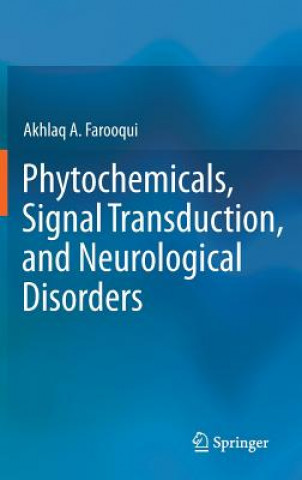
Kód: 01427858
Phytochemicals, Signal Transduction, and Neurological Disorders
Autor Akhlaq A. Farooqui
Phytochemicals Signal Transduction and Neurological Disorders§Phytochemicals are heterogeneous group of bioactive compounds produced by plants, which are extensively researched by scientists for their health-promoting potentials i ... celý popis
- Jazyk:
 Angličtina
Angličtina - Väzba: Pevná
- Počet strán: 352
Nakladateľ: Springer-Verlag New York Inc., 2012
- Viac informácií o knihe

Mohlo by sa vám tiež páčiť
-
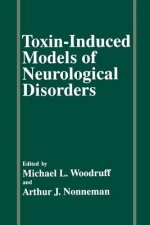
Toxin-Induced Models of Neurological Disorders
137.46 € -
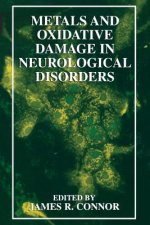
Metals and Oxidative Damage in Neurological Disorders
273.01 € -
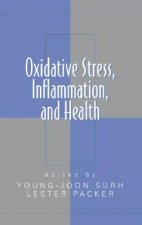
Oxidative Stress, Inflammation, and Health
366.60 € -

Free Radicals in Biology and Medicine
70.79 € -
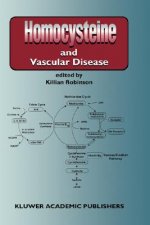
Homocysteine and Vascular Disease
273.01 € -
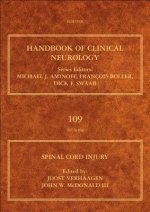
Spinal Cord Injury
268.47 € -

Oxidative Stress & the Critically Ill Patient
258.89 € -12 % -
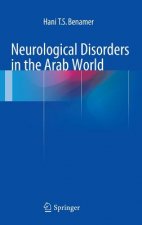
Neurological Disorders in the Arab World
137.46 € -

Gothic Radicalism
137.46 € -

Ptolemy's Gate
9.97 € -23 % -

Stan Lee's How to Draw Comics
24.90 € -7 % -
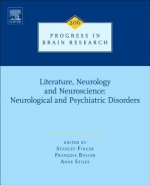
Literature, Neurology, and Neuroscience: Neurological and Psychiatric Disorders
381.39 € -

Dictionary of Journalism
19.35 € -10 % -

Disconnected Kids - Revised and Updated
17.64 € -12 % -
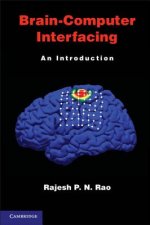
Brain-Computer Interfacing
111.13 € -
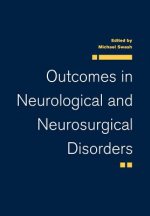
Outcomes in Neurological and Neurosurgical Disorders
166.40 € -
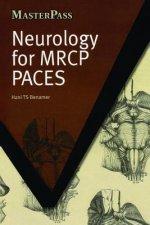
Neurology for MRCP PACES
56.97 € -

The Christian Ethic
30.85 € -

How Life Works
15.72 € -15 % -
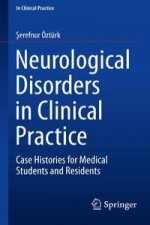
Neurological Disorders in Clinical Practice
55.66 € -

Functionalization of Semiconductor Surfaces
201.40 € -
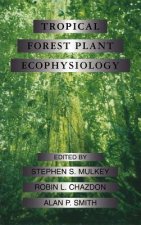
Tropical Forest Plant Ecophysiology
273.01 € -

Handbook of Sociological Theory
69.78 € -

Workbench Design
29.84 € -16 % -

Stern Gang
75.13 € -

Sprevádzanie chorých a zomierajúcich
11.79 € -22 % -

Handlungsorientierte Medienerziehung in Der Schule
197.47 € -

Auswirkungen von Basel II auf die interne Revision eines Kreditinstituts
117.29 € -

Zóna X
6.04 € -4 % -

Osho Zen Tarot
13.10 € -4 % -

ERP-Systeme. Vergleich der Produkte
44.27 € -

Andorra
7.65 € -9 % -

Das Gedächtnis und seine sozialen Bedingungen
23.19 € -

Integration und Bundesstaat.
103.37 € -

Montgelas 1759-1838
38.72 € -4 %
Darujte túto knihu ešte dnes
- Objednajte knihu a vyberte Zaslať ako darček.
- Obratom obdržíte darovací poukaz na knihu, ktorý môžete ihneď odovzdať obdarovanému.
- Knihu zašleme na adresu obdarovaného, o nič sa nestaráte.
Viac informácií o knihe Phytochemicals, Signal Transduction, and Neurological Disorders
Nákupom získate 526 bodov
 Anotácia knihy
Anotácia knihy
Phytochemicals Signal Transduction and Neurological Disorders§Phytochemicals are heterogeneous group of bioactive compounds produced by plants, which are extensively researched by scientists for their health-promoting potentials in human diseases. Unlike vitamins and minerals, phytochemicals are not required for sustaining cell viability, but they play an important role in protecting tissues and cells from the harmful effects of oxidative stress and inflammation. Examples of phytochemicals include catechins, resveratrol, ginkgo biloba, curcumin, and sulfur compounds found in garlic. Although, the precise molecular mechanisms associated with beneficial effects of phytochemicals still remain the subject of intense investigations, but it is becoming increasingly evident that phytochemicals mediate their effects by counteracting, reducing, and repairing the damage caused by oxidative stress and neuroinflammation. In addition, phytochemicals also stimulate the synthesis of adaptive enzymes and proteins through the stimulation of a transcription factor called Nrf2 and induction of phase II detoxifying enzymes. Consumption of phytochemicals induces neurohormetic response that results in the expression of adaptive stress-resistance genes that are responsible for encoding antioxidant enzymes, protein chaperones, and neurotrophic factor (BDNF). Based on the stimulation of signal transduction network and adaptive stress-resistance genes, it is proposed that the use of phytochemicals from childhood to old age along with regular exercise is an important strategy for maintaining normal aging and delaying onset of age-related neurological disorders (stroke, Alzheimer disease, and Parkinson disease). §Phytochemicals Signal Transduction and Neurological Disorders presents readers with cutting edge and comprehensive information not only on bioavailability, and mechanism of action of phytochemicals in the brain, but also provides the molecular mechanism associated with beneficial effects of phytochemicals in neurotraumatic (stroke, spinal cord trauma, and traumatic brain injury) and neurodegenerative (Alzheimers disease, Parkinson disease, Huntington disease, and amyotrophic lateral sclerosis) diseases.
 Parametre knihy
Parametre knihy
Zaradenie knihy Knihy po anglicky Mathematics & science Biology, life sciences Life sciences: general issues
209.67 €
- Celý názov: Phytochemicals, Signal Transduction, and Neurological Disorders
- Autor: Akhlaq A. Farooqui
- Jazyk:
 Angličtina
Angličtina - Väzba: Pevná
- Počet strán: 352
- EAN: 9781461438038
- ISBN: 1461438039
- ID: 01427858
- Nakladateľ: Springer-Verlag New York Inc.
- Hmotnosť: 696 g
- Rozmery: 242 × 162 × 25 mm
- Dátum vydania: 11. July 2012
Obľúbené z iného súdka
-
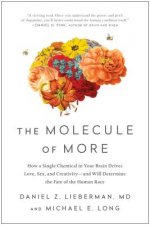
The Molecule of More
18.14 € -14 % -

Evolution
28.43 € -8 % -

Power, Sex, Suicide
13.10 € -23 % -
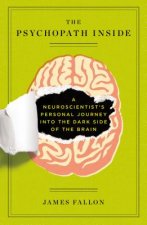
Psychopath Inside
16.93 € -11 % -

Murderous Minds
16.13 € -6 % -

Science of Meditation
11.49 € -19 % -

Oxygen
12.09 € -23 % -

Race Differences in Intelligence
35.89 € -

Equine Genomics
226.31 € -
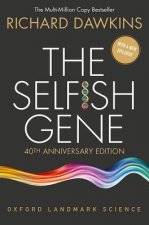
The Selfish Gene
12.09 € -23 % -

Undoing Project
10.98 € -14 % -

Biology of Belief
17.44 € -23 % -

Power of Habit
11.79 € -15 % -

Sapiens
21.57 € -
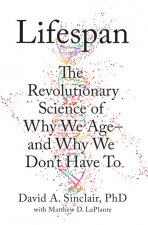
Lifespan
23.79 € -23 % -
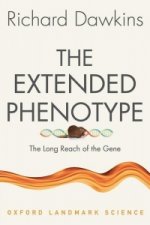
The Extended Phenotype
13.10 € -23 % -
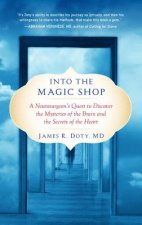
Into the Magic Shop
14.82 € -22 % -

Homo Deus
11.49 € -19 % -
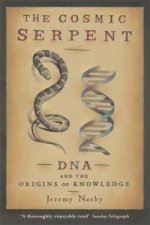
Cosmic Serpent
10.48 € -26 % -

Greatest Show on Earth
11.49 € -19 % -

Speculations on the Evolution of Human Intelligence
9.57 € -7 % -

Blind Watchmaker
13.40 € -19 % -
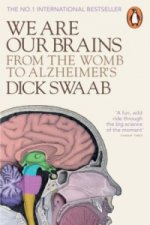
We Are Our Brains
11.49 € -19 % -

River Out of Eden
10.98 € -23 % -
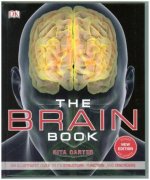
Brain Book
23.59 € -16 % -
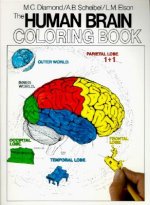
Human Brain Coloring Book
17.54 € -23 % -

Crack In Creation
17.44 € -4 % -
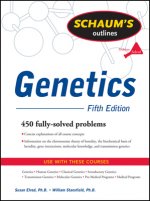
Schaum's Outline of Genetics, Fifth Edition
29.24 € -13 % -

Brain Rules (Updated and Expanded)
16.83 € -2 % -

Hidden History of the Human Race
14.11 € -16 % -

Fixing My Gaze
22.08 € -

Neanderthal Man
15.93 € -21 % -

Why We Run
16.73 € -12 % -

On Natural Selection
9.87 € -
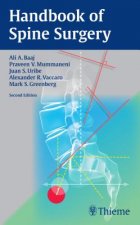
Handbook of Spine Surgery
97.62 € -9 % -

Cartoon Guide to Genetics
16.33 € -23 % -

Ecological Thought
33.47 € -
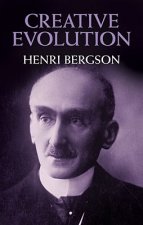
Creative Evolution
16.13 € -14 % -

Brief History of Everyone Who Ever Lived
9.77 € -17 % -

Social Conquest of Earth
16.93 € -11 % -

Consciousness
15.93 € -16 % -

Atlas of Human Brain Connections
179.52 € -

Double Helix
18.95 € -

Masters of the Planet
15.93 € -21 % -

Vital Dust
32.47 € -

What Mad Pursuit
28.22 € -

Zooarchaeology and Modern Human Origins
125.05 € -
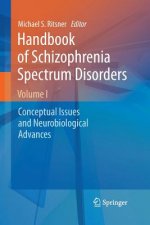
Handbook of Schizophrenia Spectrum Disorders, Volume I
211.39 € -

Tree of Life
48.80 € -3 %
Osobný odber Bratislava a 2642 dalších
Copyright ©2008-24 najlacnejsie-knihy.sk Všetky práva vyhradenéSúkromieCookies



 21 miliónov titulov
21 miliónov titulov Vrátenie do mesiaca
Vrátenie do mesiaca 02/210 210 99 (8-15.30h)
02/210 210 99 (8-15.30h)